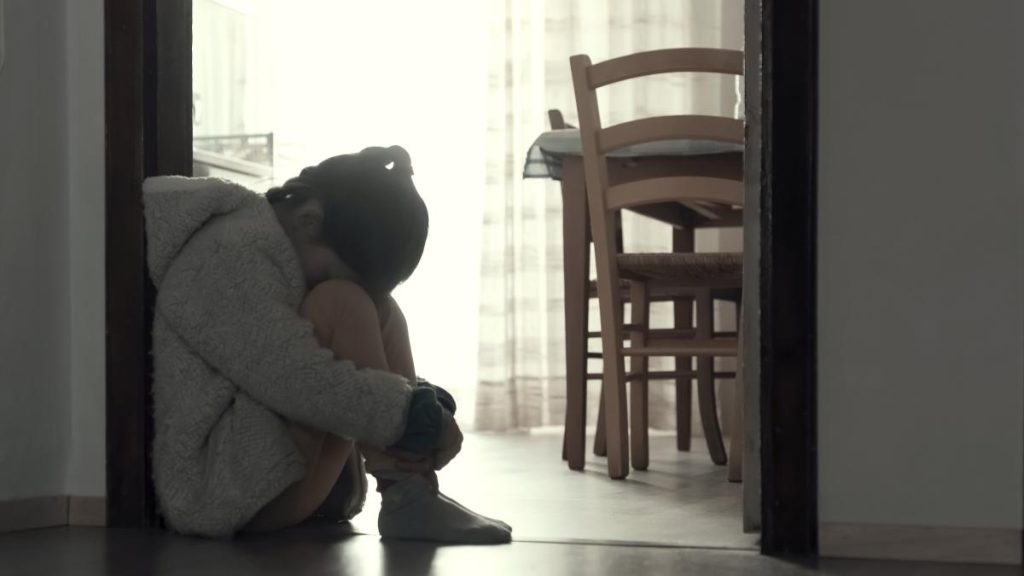The sexual abuse scandal in the Catholic Church in 2010 shocked the country, shedding light on the fact that sexual abuse of children happens not only within church walls but also in various other settings where children are vulnerable. Over the years, societal awareness about this issue has grown, thanks to the courage of survivors who have shared their stories publicly. The German government has also played a role in keeping the topic on the agenda, with the establishment of independent government commissioners focusing on addressing abuse. The past commissioners have made significant efforts to raise awareness among the population.
In 2014, a helpline for sexual abuse survivors was set up to offer low-threshold and anonymous support for both survivors and concerned individuals seeking guidance on handling such situations. The helpline has had around 50,000 conversations with callers over the past decade, with an increasing number of calls each month. Today, the majority of calls come from family members, social circles, or educators who suspect abuse and want guidance on how to address it. The helpline’s goal is to encourage individuals to pay attention and take action to uncover and prevent sexual violence against children and teenagers.
Helpline counselors work with callers to identify signs of sexual abuse, understand its consequences, recognize patterns in abusers’ behavior, and provide guidance on protecting the child. The helpline also addresses concerns about sexual interactions between children and the distinction between normal development and abusive behavior. Recognizing that young people may hesitate to call a helpline, an online counseling service was introduced in 2021 to offer support through anonymous emails. Especially popular among teenagers, online counseling allows individuals to share their experiences at their own pace.
Youth make up a significant portion of online counseling requests, with issues such as online violence, including the sharing of explicit images via social media and cyber grooming, being prevalent themes. Many young people struggle to identify abusive behavior and might feel unsure about seeking help, especially if they initially consented to the abusive actions. Online counselors aim to alleviate feelings of guilt and shame and provide support and guidance to help individuals navigate their experiences and seek help from local resources.
The primary objective of both the helpline and online counseling is to create a safe space for survivors to share their experiences and receive guidance on the next steps to take. By offering a positive and supportive experience, these services aim to empower survivors to seek further help, such as through school social workers or specialized counseling centers. Commissioner Kerstin Claus emphasizes the importance of these services in raising awareness and enabling society to address sexual abuse effectively. While it may be challenging to eradicate sexual violence entirely, the key is improving how society responds to and supports survivors of abuse.















